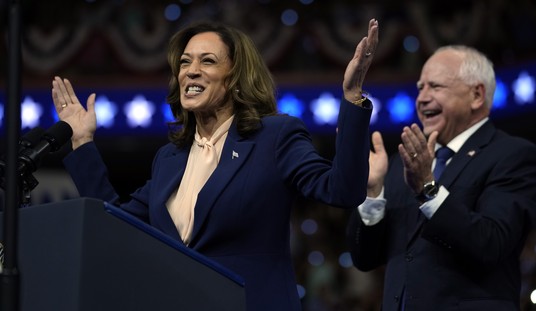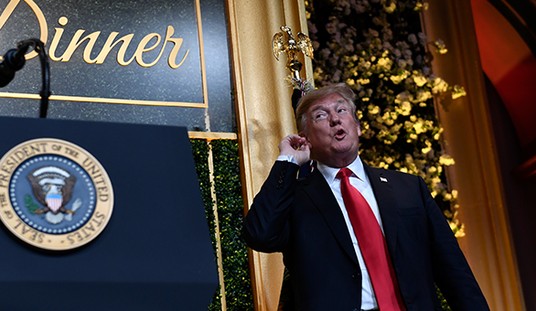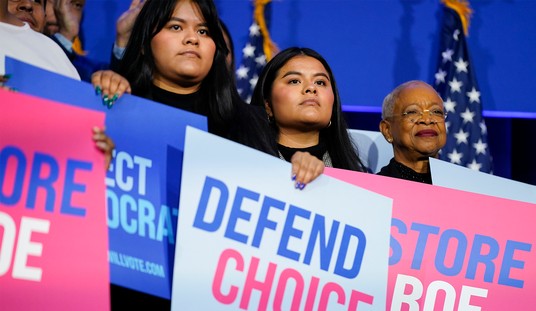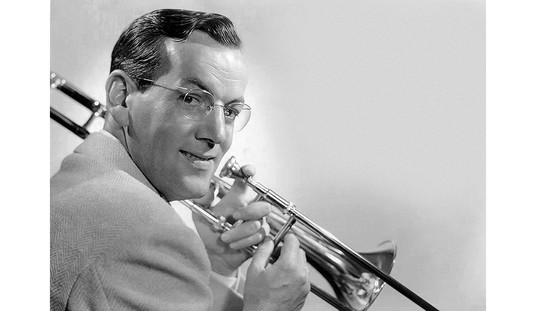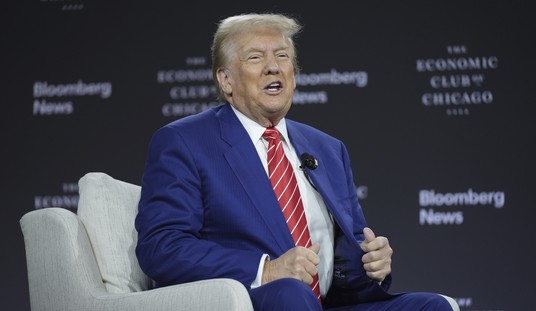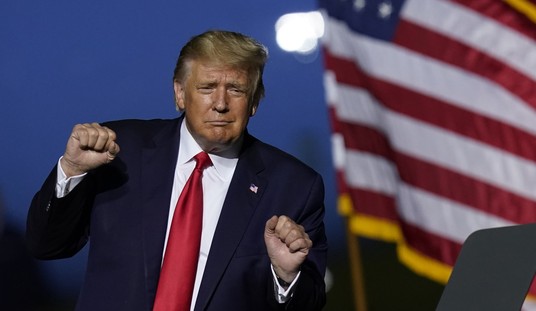Anti-gunners continue to miss the point when it comes to school shootings and other forms of violence. Those in the gun control camp continue to insist that more legislation restricting firearms will somehow decrease the number of those who tragically lose their lives to school shooters.
Yet, their arguments prove unpersuasive when held up to a rhetorical microscope. Such is the case with an op-ed written by Michael Gibbs, a survivor of the Arapahoe High School shooting, which occurred in 2013.
In his op-ed, Gibbs makes a series of arguments that address certain “fallacies” perpetuated by those who support gun rights.
The first “fallacy” is the phrase “Guns Don’t Kill People, People Kill People,” which Gibbs labels as a “red herring” meant to distract from the role of guns in school shootings by focusing on mental health instead. He acknowledges that mental health is an undeniable factor in many of these incidents but that it does not mean that guns should not be the focal point.
The author brings up the troubled 18-year-old who purchased a shotgun a week before carrying out the Arapahoe school shooting.
“A background check, waiting period, and greater age limitation might have prevented this tragedy,” Gibbs writes. He points out that 77 percent of school shooters had threatened violence before carrying out the atrocity and suggests a more thorough background check would have flagged the perpetrators.
What Gibbs leaves out is that in many, if not most, school shootings, gunmen obtain their firearms through legal means, passing existing background checks because they do not have criminal records or histories of mental health that would disqualify them. Indeed, many of these individuals get their guns from friends or family members, which Gibbs acknowledges later in his piece. Background checks would not prevent this.
He is right that many shooters are known to the authorities before committing mass murder. Yet, law enforcement is either unable or unwilling to take action beforehand. Regardless of what anti-gunners claim, mental health is an issue that must be addressed. Gun control is merely a band-aid solution that fails to get to the heart of the problem while making it harder for law-abiding folks to defend themselves.
The second “fallacy” is that the aftermath of school shootings is “not the time to discuss policy” but “a time for mourning.”
Gibbs appears to be addressing criticisms coming from Second Amendment advocates who rightly lambast folks on the left for immediately pushing gun control five minutes after a school shooting is reported. “Mourning never ends. These families will never stop missing their dead children,” he writes, arguing that people can grieve while also seeking solutions.
I don’t disagree. The problem is that when school shootings happen, the anti-gunners only want to focus on gun control despite repeated indications that it doesn’t work. As I’ve said repeatedly, the best way to stump those exploiting the deaths of children to disarm innocent people is to ask them what new gun law would have prevented the shooting in question.
However, Gibbs makes a good point about grieving while problem-solving. Instead of focusing on restricting gun rights, we should be looking at practical, effective ways to save lives. This would involve heightened security measures that would make it harder for would-be assailants to carry out their attacks. Given that evil people do not follow gun control laws, it makes more sense to stop or deter them before they can actually act on their evil impulses. Yet, this is something you never hear from anti-gunners because their objective is not to save lives; it is to infringe on the right to keep and bear arms.
Lastly, the author brings up the “fallacy” that school shooters would get access to guns despite the existence of gun control laws. Gibbs portrays this argument as a “fatalist” way to suggest that nothing can be done to prevent school shootings. He notes that 80 percent of shooters get their weapons from family members or friends and proposes stricter gun storage laws as the solution.
“Laws that enforce proper gun and ammunition storage in the home would significantly decrease firearm access for potential perpetrators,” Gibbs argues.
Yet, recent incidents show that even when these weapons are stored properly, the assailants can still access them. In many cases, the parents actually gave their children the guns because it was a normal part of their lives. In the case of the Apalachee High School shooting, the gunman’s father had bought the firearm for his son, not thinking that he would use it to carry out a school shooting. He is now facing prosecution for the massacre. Safe storage laws would not have prevented this from happening.
Moreover, the author refutes his own argument about universal background checks by pointing out that 80 percent of school shooters do not go to a gun store to purchase their firearms. This is yet another argument in favor of making schools harder targets. Schools cannot control whether a parent allows their child to use firearms or fails to secure them properly. They cannot decide whether someone with mental health problems gets help. They have no control over how law enforcement responds when a potential threat finds itself on their radar.
However, they can control what they do to secure their facilities and keep children safe. It is an inconvenient fact for those who want to strip our Second Amendment rights, which is why they rarely bring it up.
If there are armed guards, single entrance points, cameras, and even metal detectors, it will become increasingly difficult for a crazed individual to target children. It is why you rarely hear about mass shootings at courthouses and other government buildings that use these measures. Criminals seek out easy targets. The way to stop them is to make schools harder to target. Gun-free zones only work on people who obey the law, not on murderous, disturbed individuals. Unfortunately, anti-gunners wish to sidestep this in favor of useless gun control laws.




